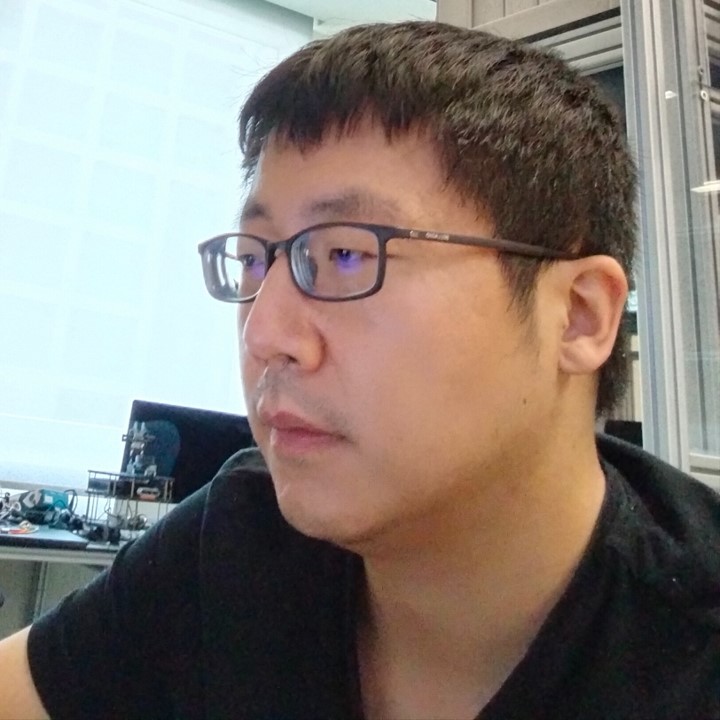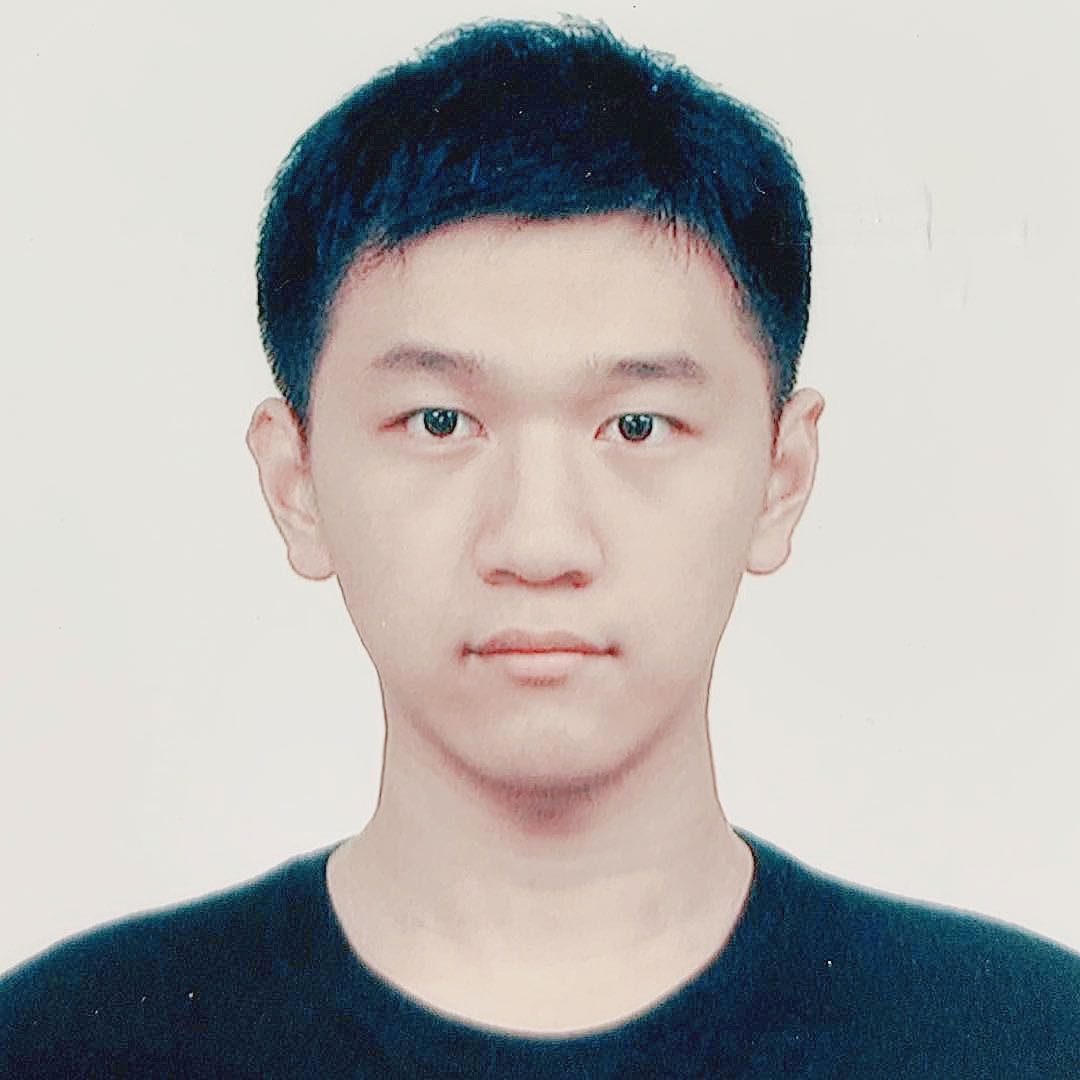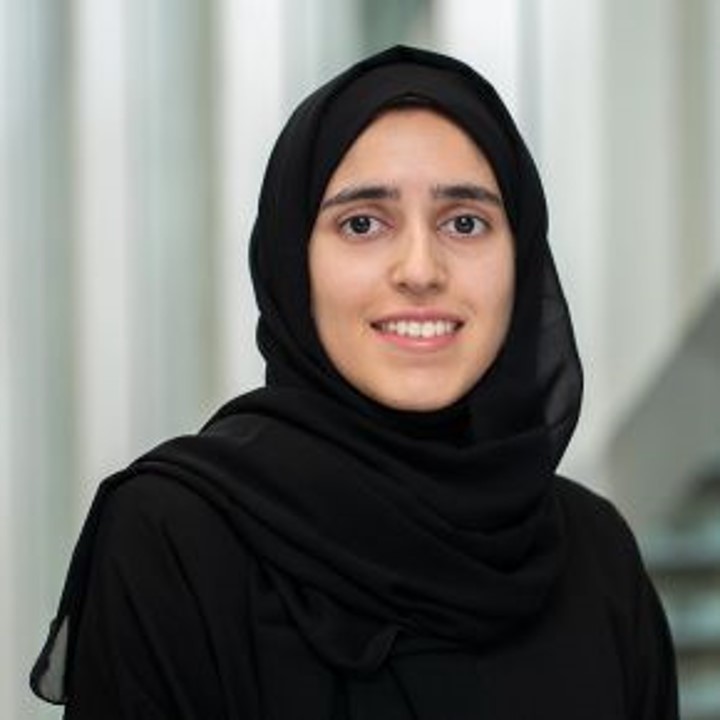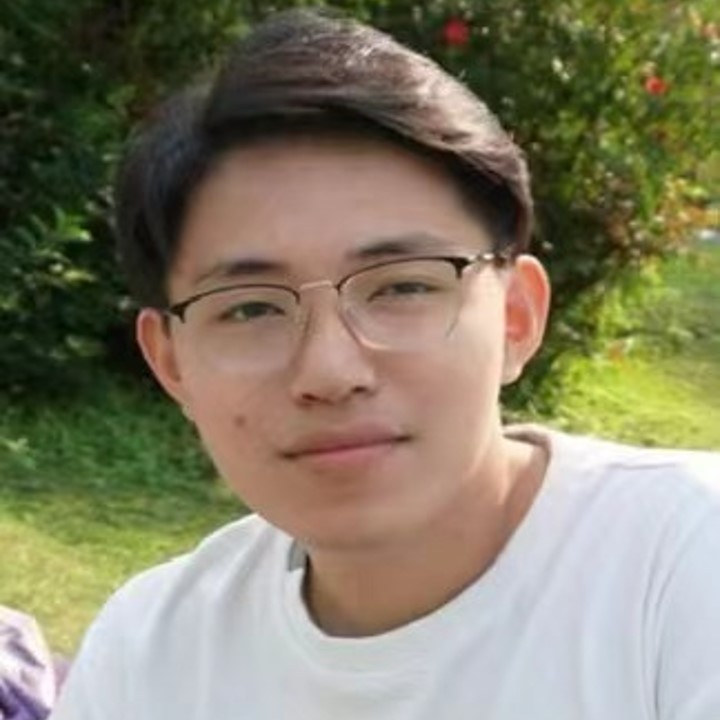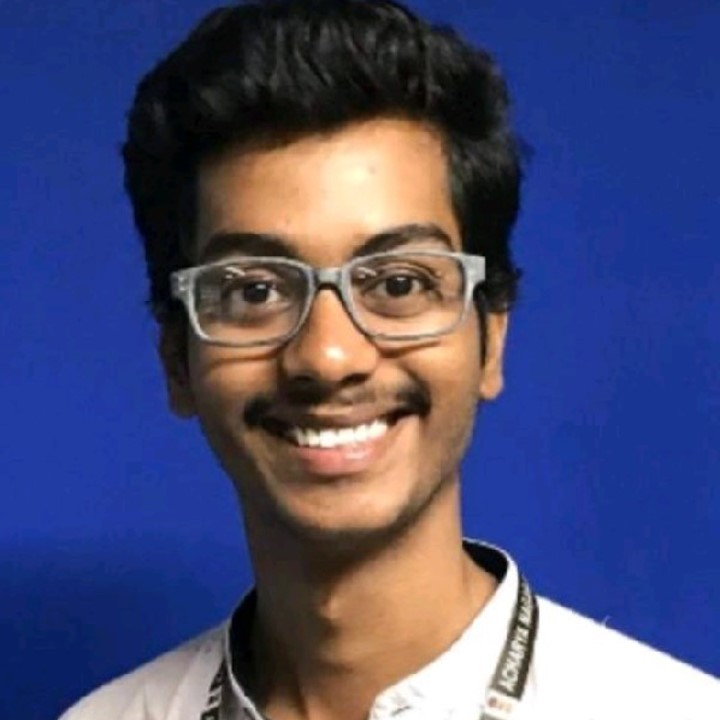Overview 💡
The "Embodied AI: Exploring Trends, Challenges, and Opportunities" workshop, set to convene at ICIP 2024 in Abu Dhabi, UAE, serves as a broad-based platform for delving into the convergence of Embodied AI with critical disciplines, including computer vision, language processing, graphics, and robotics. Aimed at enhancing comprehension of AI agents' skills in perception, interaction, and logical reasoning within varied environments, the workshop encourages a cross-disciplinary exchange among premier researchers and industry figures. Participants can look forward to a rich program featuring thought-provoking talks by distinguished experts, a presentation session of the latest research, and dynamic discussions on the evolving landscape of smart, interactive technologies. This forum is poised to be a seminal event for those eager to influence and drive forward the progress in Embodied AI.
The dedicated workshop on Embodied AI is essential due to its unique focus on integrating physical embodiment with AI capabilities, addressing challenges and opportunities not fully explored in the main ICIP conference. It merges computer vision, language processing, and robotics, pushing beyond traditional boundaries to create agents that perceive, interact, and reason within their environments. This specialized forum encourages cross-disciplinary collaboration, fostering advancements that are vital for the development of intelligent, interactive systems, and addressing the gap between current image processing techniques and the future needs of AI research, including foundation models, robotics, and embodied intelligence.
The "Embodied AI: Exploring Trends, Challenges, and Opportunities" workshop at ICIP 2024 in Abu Dhabi, UAE, stands at the confluence of Embodied AI and pivotal areas such as computer vision, language processing, graphics, and robotics. This synthesis is poised to catalyze significant momentum in the field, by bringing the frontier of foundation models, robotics, and embodied AI to the research community.
Schedule ⏰ (tentative)
| Time | Topic | Speaker |
|---|---|---|
| 8:30 - 8:35 | Opening Remark | Yi Fang |
| 8:35 - 9:00 | Embodied Visual Navigation | Yi Fang |
| 9:00 - 9:30 | Building Multilingual Multimodal Conversational Assistants | Hisham Cholakkal |
| 9:30 - 10:00 | Robot Imagination: Affordance Reasoning via Physical Simulation | Gregory Chirikjian |
| 10:00 - 10:30 | Coffee Break | |
| 10:30 - 11:00 | Scene Understanding for Safe and Autonomous Navigation | Amit K. Roy-Chowdhury |
| 11:00 - 11:30 | From Video Understanding to Embodied Agents | Ivan Laptev |
| 11:30 - 12:00 | Visual Human Motion Analysis | Li Cheng |
| 12:00 - 14:30 | Lunch | |
| 14:30 - 15:00 | Towards Efficient Vision-Language Navigation | Xiaojun Chang |
| 15:00 - 15:30 | Data-Centric Approaches to Advancing Embodied AI | Zhiqiang Shen |
| 15:30 - 16:00 | To Enable Multimedia Machines to Perceive and Act as Humans Do | Weisi Lin |
| 16:00 - 16:30 | Coffee Break | |
| 16:30 - 17:00 | Large-scale Heterogeneous Scene Modelling and Editing | Dan Xu |
| 17:00 - 17:30 | Vision-Language Models and Robotics for Climate Action | Maryam Rahnemoonfar |
| 17:30 - 18:00 | Flexible Modality Learning: Modeling Arbitrary Modality Combination via the Mixture-of-Expert Framework | Tianlong Chen |
Invited Speakers 🧑🏫

Yi Fang
Associate Professor, New York University
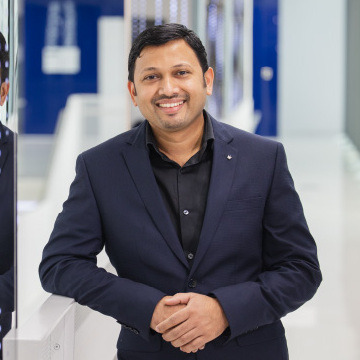
Hisham Cholakkal
Assistant Professor of Computer Vision, Mohamed bin Zayed University of Artificial Intelligence

Gregory S. Chirikjian
Professor & Department Chair, University of Delaware
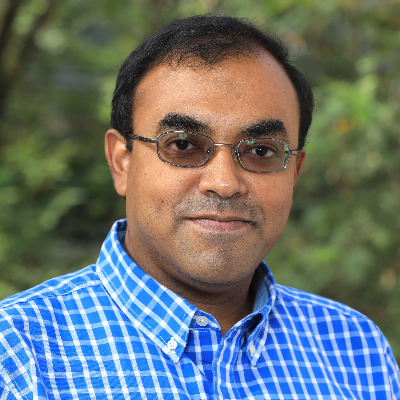
Amit K Roy Chowdhury
Professor and Director of UC Riverside AI Research and Education Institute, University of California, Riverside
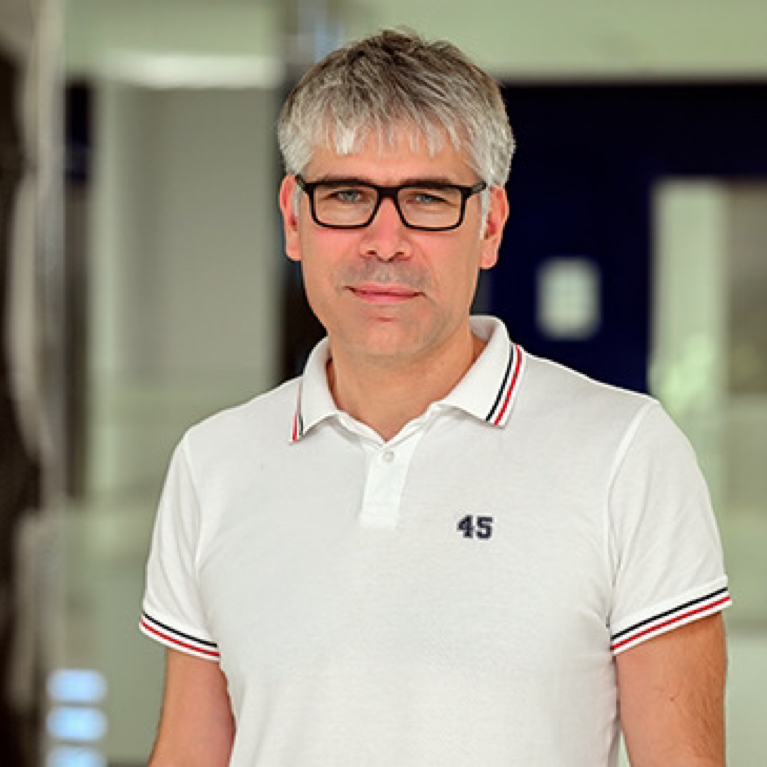
Ivan Laptev
Professor, Mohamed bin Zayed University of Artificial Intelligence

Li Cheng
Associate Professor, University of Alberta
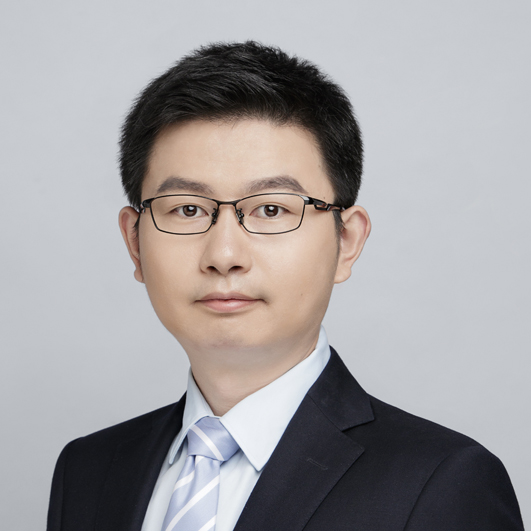
Xiaojun Chang
Professor, Australian Artificial Intelligence Institute (AAII) and Visiting Professor at Mohamed bin Zayed University of Artificial Intelligence
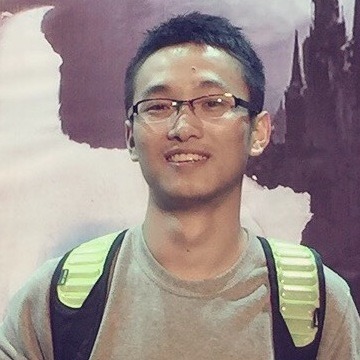
Zhiqiang Shen
Assistant Professor, Mohamed bin Zayed University of Artificial Intelligence
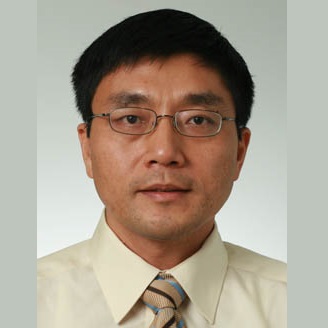
Weisi Lin
Associate Dean (Research), College of Computing & Data Science, Nanyang Technological University

Dan Xu
Assistant Professor, Department of Computer Science and Engineering, Hong Kong University of Sciences and Technology (HKUST)
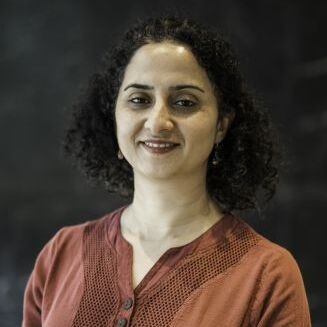
Maryam Rahnemoonfar
Associate Professor, Director of Computer Vision and Remote Sensing Laboratory (Bina lab), Lehigh University

Tianlong Chen
Assistant Professor, University of North Carolina at Chapel Hill
Call for Papers 📝
We warmly invite submissions of high-quality research papers, not exceeding 4 pages (excluding references), that focus on the following themes of Embodied AI:
Selected papers will earn the opportunity for presentation in the form of either posters or spotlight talks during the workshop. Additionally, these papers will be published and made accessible via IEEE Xplore, adhering to the ICIP's guidelines for workshop contributions. Please note, as per ICIP regulations, at least one author from each accepted paper is required to complete an in-person registration for the conference.
The submission deadline is April 25, 2024 (Anywhere on Earth). Papers should be no longer than 4 pages (excluding references) and styled in the ICIP format.
Submission Link : Link
Important Dates 🗓️
- Paper Submission Deadline: April 25, 2024.
- Paper Acceptance Notification: June 6, 2024
- Final Paper Submission Deadlin: June 19, 2024
- Author Registration Deadline: July 11, 2024

